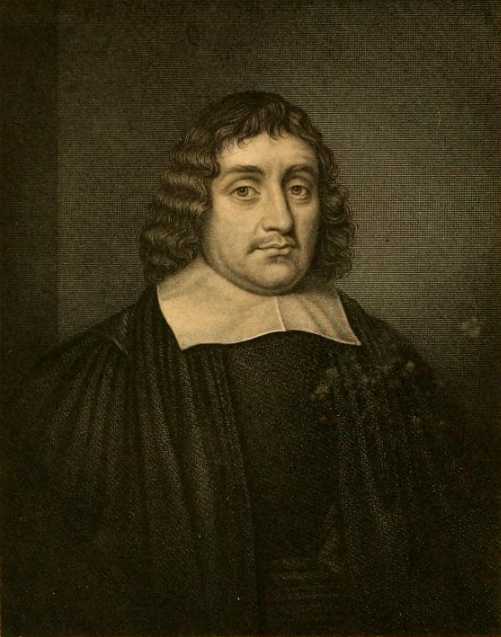„Wszystko jest trudne zanim stanie się proste.”
All things are difficult before they are easy. (ang.)
Źródło: Gnomologia: Adagies and Proverbs; Wise Sentences and Witty Sayings, Ancient and Modern, Foreign and British http://books.google.pl/books?id=3y8JAAAAQAAJ, Londyn 1732, s. 21.
